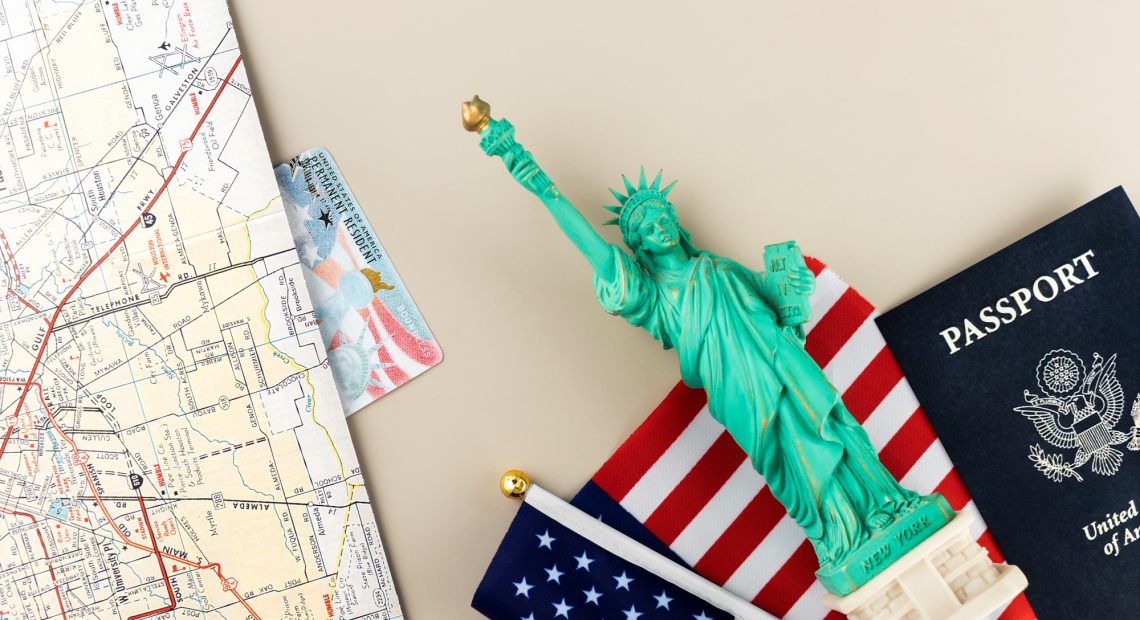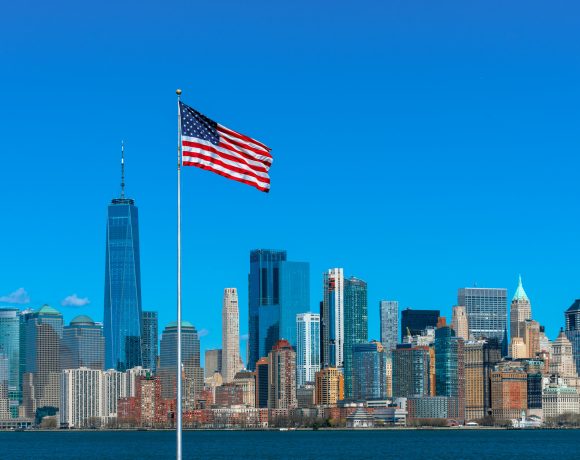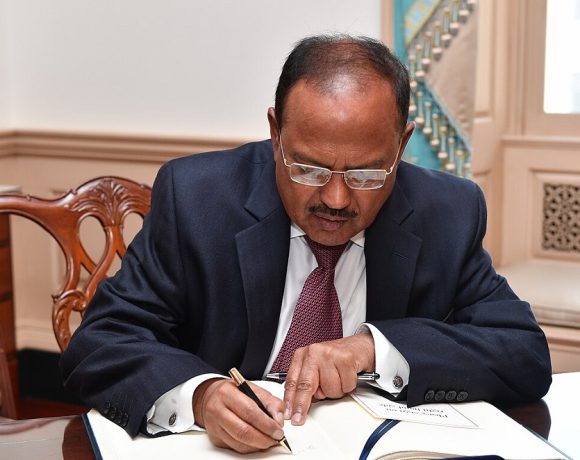
U.S. Department of Homeland Security Plans Major Visa Policy Shift
The U.S. Department of Homeland Security (DHS) has proposed ending the decades-old “duration of status” system for F, J, and I visa holders, including students, exchange visitors, and foreign journalists. The change would introduce fixed admission periods, replacing the flexible stay framework tied to ongoing program enrollment.
Fixed Stay Periods and Stricter Rules
Under the new rule, F-1 students and J-1 exchange visitors would be admitted for their program length but capped at a maximum of four years. Media professionals on I visas would face tighter restrictions—240 days for most, and just 90 days for Chinese nationals. Once the allotted period ends, individuals would need to apply for extensions through U.S. Citizenship and Immigration Services (USCIS), making oversight stricter. Grace periods for students after finishing academic programs are also expected to be shorter than before.
Oversight vs. Flexibility Debate
Officials argue the reform will strengthen monitoring and reduce visa misuse. DHS said the open-ended “duration of status” policy created loopholes and limited government oversight. Supporters of the change believe the move will bring more accountability. However, critics from universities and international education bodies warn that the fixed-term model could discourage students from choosing U.S. institutions, complicate academic planning, and result in financial losses for colleges reliant on international enrollment.
Rulemaking and Next Steps
The proposal has cleared initial White House review and will soon be published in the Federal Register, allowing a 30-day public comment period. This plan revives a similar effort first introduced in 2020, which was later withdrawn by a different administration. If adopted, the regulation would represent one of the most significant shifts in U.S. visa policy for students and media workers in recent decades.


















